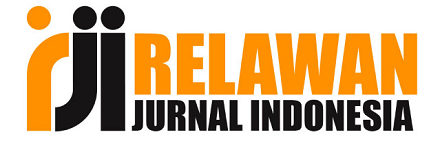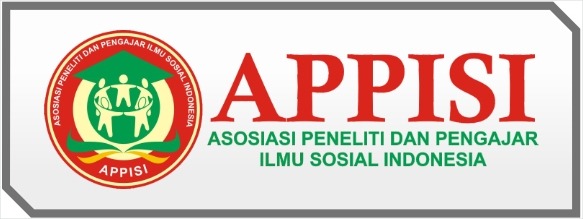Gen Z Era Linguistic Impoliteness on Using TikTok Social Media
DOI:
https://doi.org/10.61579/kirana.v2i3.315Keywords:
Impolite language, Gen Z, TikTokAbstract
Politeness in language is fading, especially among Gen Z. The development of technology and digitalization facilitates the spread of impolite language, especially on social media such as TikTok. This study aims to analyze impolite language on TikTok in the Gen Z era with a focus on: 1) factors causing impoliteness; 2) forms of Gen Z language use that are not in accordance with politeness; and 3) the impact of social media on the development of Gen Z language. The method used is observation, with an analysis of the TikTok comment column from 15 users over the past five months. This study is important for understanding changes in communication behavior among the younger generation and is expected to provide insight into the use of appropriate language and its implications in a social context.
References
Khotimah, K., & Sawardi, F. (2022). Reasons for Using Impoliteness in the Talk Show Catatan Demokrasi on TV One. Proceedings of the National Seminar on Linguistics and Literature (SEMANTIKS), 4, 448–459. https://jurnal.uns.ac.id/prosidingsemantiks
Hakim, L., & Azizah, AI (2024). CRITICAL THINKING CAMPAIGN IN THE NATIONAL DIGITAL LITERACY MOVEMENT ON YOUTUBE SIBERKREASI. ORASI: Journal of Dakwah and Communication, 15(1).
Mislikhah, S. (2014). Linguistic Politeness. Ar-Raniry, International Journal of Islamic Studies, 1(2), 285. https://doi.org/10.20859/jar.v1i2.18.
Melia, M. (2019). Principles of Students' Language Politeness. Journal of Language Education, 8(1), 110-123.
Musakif, R., Verolyna, D., & Kurnia Syaputri, I. (2024). Cyberbullying Behavior Against Public Figures on Social Media (Case Study on the Instagram Social Media Gossip Account Lambe Turah) (Doctoral dissertation, State Islamic Institute of Curup).
Vani, MA, & Sabardila, A. (2020). The Impoliteness of the Millennial Generation in Using Language on Twitter Social Media. Pena Literasi: Journal of Indonesian Language and Literature Education, 3(2), 90–101.
https://vt.tiktok.com/ZSjC3mFVg/
https://vt.tiktok.com/ZSjC3o56V/
https://vt.tiktok.com/ZSjCTr6VJ/
Downloads
Published
How to Cite
Issue
Section
License
Copyright (c) 2025 Adika Dwi N. , Marshanda Breliana P. R, Silvi Khoiriyah R, Arini Erlina T, Cindy Tiara N

This work is licensed under a Creative Commons Attribution-ShareAlike 4.0 International License.







